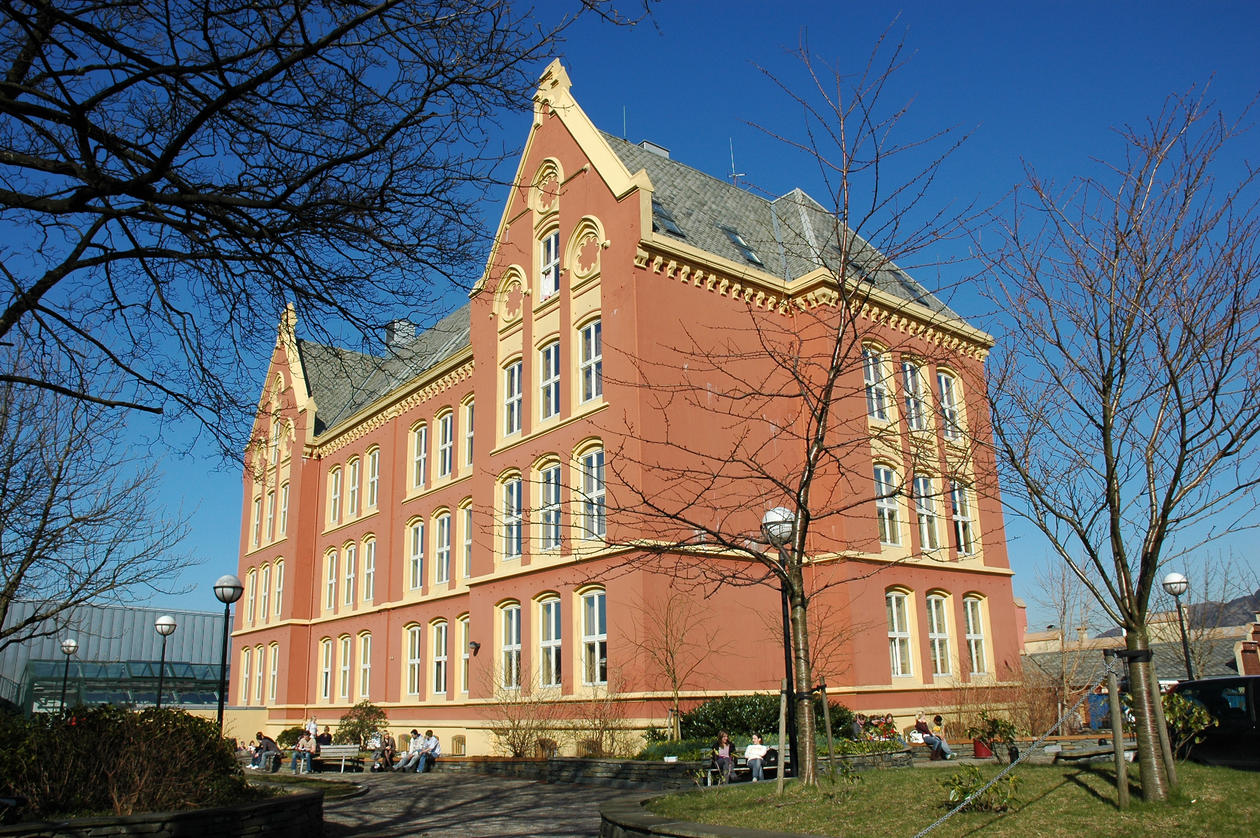The Transformative Consequences of International Migration
Symposium on UiB's migration research in six parts: politics, gender, culture, inequality, public spheres and global health.

Main content
Migration, together with 'inequality' and 'health', is a prioritised theme in the University of Bergen’s strategic area on Global Challenges. This symposium will profile UiB's migration research and explore possibilities for further collaboration across faculties and disciplines.
Migrants and migration are not only part of our lives, but also important drivers of change. Migration transforms the features of states and societies. It changes the lives of migrants, and the lives of people in countries of departure, transit and arrival.
One of the most dramatic transformations we observe today is happening in political systems: migration now shapes the political cleavages on which countries’ political party systems are built.
While consolidating popular support to far-right parties and flagging establishment parties, the migration-driven political cleavages also provide discursive hegemony to political groups that resist pro-active policies on climate change, inequality, health, welfare, gender, and culture. The outcome is new party systems that amplify the problems of climate change, inequality, and health. All this turns into a vicious cycle of mutual reinforcement between migration, climate change, inequality, and health.
To some, the changes introduced by migration are not entirely desirable. To others, such changes are welcome.
No matter how we conceive it in normative terms, migration is a fact. It is a consequence of changing economic, social, political and environmental conditions as well as global power affairs. The nation states’ manoeuvring room to regulate it is gradually shrinking in the context of globalisation, despite the recent re-nationalisation processes.
Cross-disciplinary symposium
This symposium brings together the latest research on migration conducted by researchers at different faculties of our university to address these issues. It seeks to make visible the UiB’s contribution to our understanding of the challenges and opportunities of migration. We will explore the different visions for research about the transformative consequences of migration.
We have divided the symposium into six sections. These sessions address the transformative effects of migration on (a) Politics, (b) Gender, (c) Culture, (d) Inequality, (e) Public Sphere, and (f) Global Health. The symposium ends with a roundtable debate about how to organise migration research as a transdisciplinary research field at UiB. There will be a 10 minute Q&A round at the end of each section.
The symposium is organised by UiB Research Unit on International Migration and Ethnic Relations (IMER Bergen) in collaboration with Global Challenges.
Online registration by March 5. The symposium is open to all who are interested in the topic.
Programme
09:00-09:10 Opening
Marit Bakke, Leader of the UiB's strategic working group on Global Challenges & Vice Dean of Research, Faculty of Medicine
09:10-09:30
Horizon 2020 Calls Relevant for Migration Researchers
Vibeke Kyrkebø Irgan, Senior Advisor, Division of Research Administration
09:30-10:15
The Transformative Effects of Migration on Politics and the World Order
Hakan G. Sicakkan, Professor, Faculty of Social Sciences
Discussants: Jan Fridthjof Bernt, Professor, Faculty of Law, and Thomas Kilpper, Professor, Faculty of Fine Art, Music and Design
10:15-11:00
The Transformative Effects of Migration on Gender in Politics and Society
Speaker: Christine M. Jacobsen, Professor, Faculty of Humanities
Discussants: Ragnhild Muriaas, Professor, Faculty of Social Sciences, and Henriette Sinding Aasen, Professor, Faculty of Law
11:00-11:15 Break
11:15-12.00
The Transformative Effects of Migration on National and Local Cultures
Speaker: Professor Anne K. Bang & Olga Medvedeva, Faculty of Humanities
Discussants: Yael Harlap, Associate Professor, Faculty of Psychology, and Tom Solomon, Professor, Faculty of Fine Art, Music and Design
12.00-12:45
The Transformative Effects of Migration on Global, National and Local Inequalities
Speaker: Researcher Cornelius Cappelen, Faculty of Social Sciences
Discussants: Jørgen Pedersen, Postdoctoral Fellow, Faculty of Humanities, Elisabeth Fosse, Professor, Faculty of Psychology
12:45-13:30 Lunch and networking
13.30-14:15
The Transformative Effects of Migration on the Public Sphere
Speaker: Jostein Gripsrud, Professor, Faculty of Social Sciences
Discussants: Jill Walker Rettberg, Professor, Faculty of Humanities, and Ragna Aarli, Professor, Faculty of Law
14:15-15:00
The Transformative Effects of Migration on Global Health and National Health Policies and Services
Speaker: Esperanza Diaz, Associate Professor, Faculty of Medicine
Discussants: Karl Harald Søvig, Professor and Dean, Faculty of Law, and Synnøve Bendixsen, Postdoc Fellow, Faculty of Social Sciences
15:00-15:15 Break
15:15-15:55
Roundtable Discussion: How to organize the migration research as a transdisciplinary research field at the UiB?
Moderator: Susanne Bygnes, Researcher, Faculty of Social Sciences
Participants:
Margareth Hagen, Pro-Rector
Marit Bakke, Professor, Leader of UiB Strategy Group for Global Challenges
Bente Moen, Professor, Leader of Global Challenges
Ottar Mæstad, Director of CMI
Hakan G. Sicakkan, Professor of Political Science
Christine Jacobsen, Director of SKOK & Professor of Social Anthropology
Anne Bang, Professor of History
Cornelius Cappelen, Researcher in Political Science
Jostein Gripsrud, Professor of Media Studies
Esperanza Diaz, Associate Professor of Medicine
15:55-16:00 Closure
Summary: Prospects for Migration Research at UiB
Speaker: Hakan G. Sicakkan
